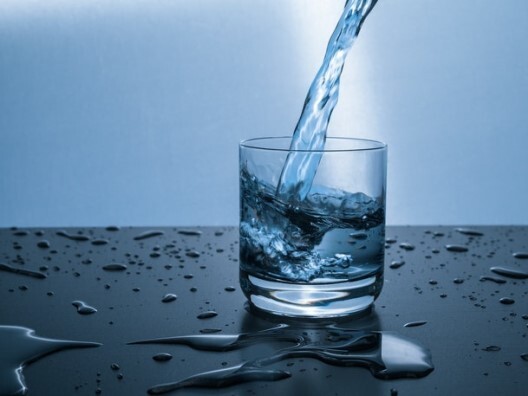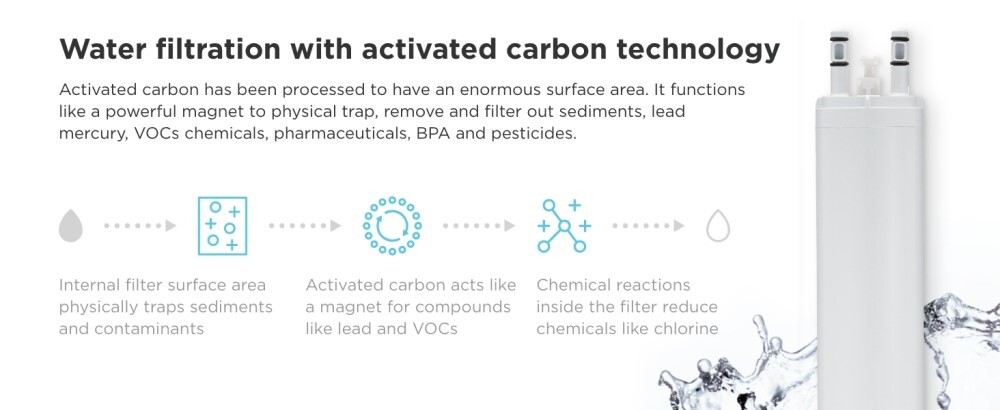Could Your Water Filter Be a Counterfeit?
Posted on February 08, 2022 By Frigidaire Appliances
When it's time to replace your Refrigerator's Water Filters, it's important to buy a replacement filter that is designed to work specifically with your fridge. While off-brand and generic filters are potentially risky for your appliance, there's another issue to know about: Counterfeit water filters have made their way into online marketplaces all over the world. Sometimes it's hard to tell the difference at first glance, but counterfeits are not the same as the real thing. We've got the info you need to ensure you're getting a genuine filter for your fridge.
How Exactly Do Activated Carbon Filters Work?
Activated carbon technology filters contaminants in three steps: 1. The large internal surface area physically traps sediments and contaminants. 2. Activated carbon acts like a magnet for compounds like lead as water passes through. 3. Chemical reactions inside the filter reduce chemicals like chlorine on contact.How Often Should You Replace the Filter?
Water filters should be replaced every six months to guarantee they are functioning properly. Regularly replacing your filter is the best way to guarantee your water filter system can function properly and keep your refrigerator's water dispenser running properly.

